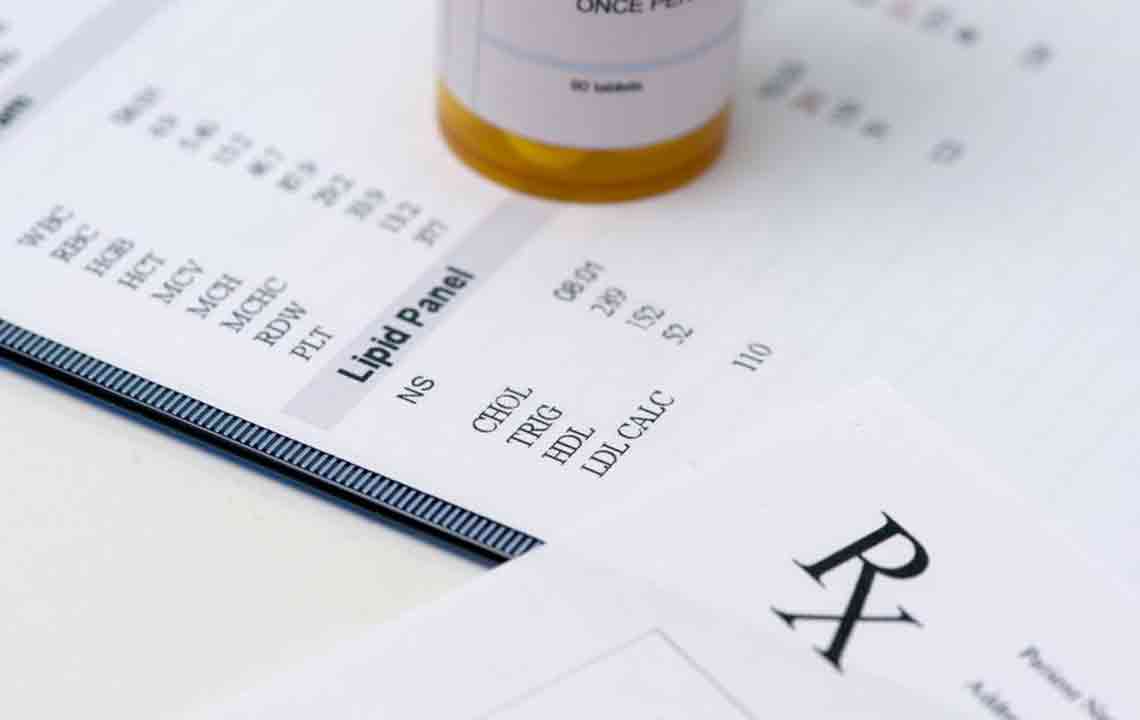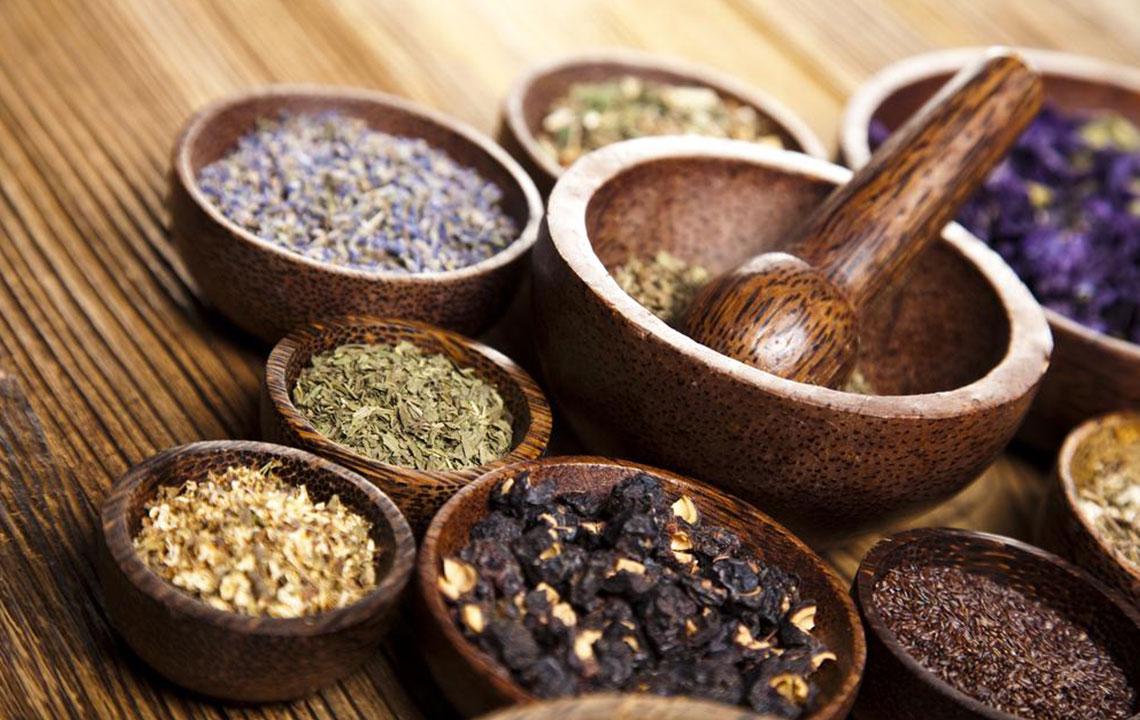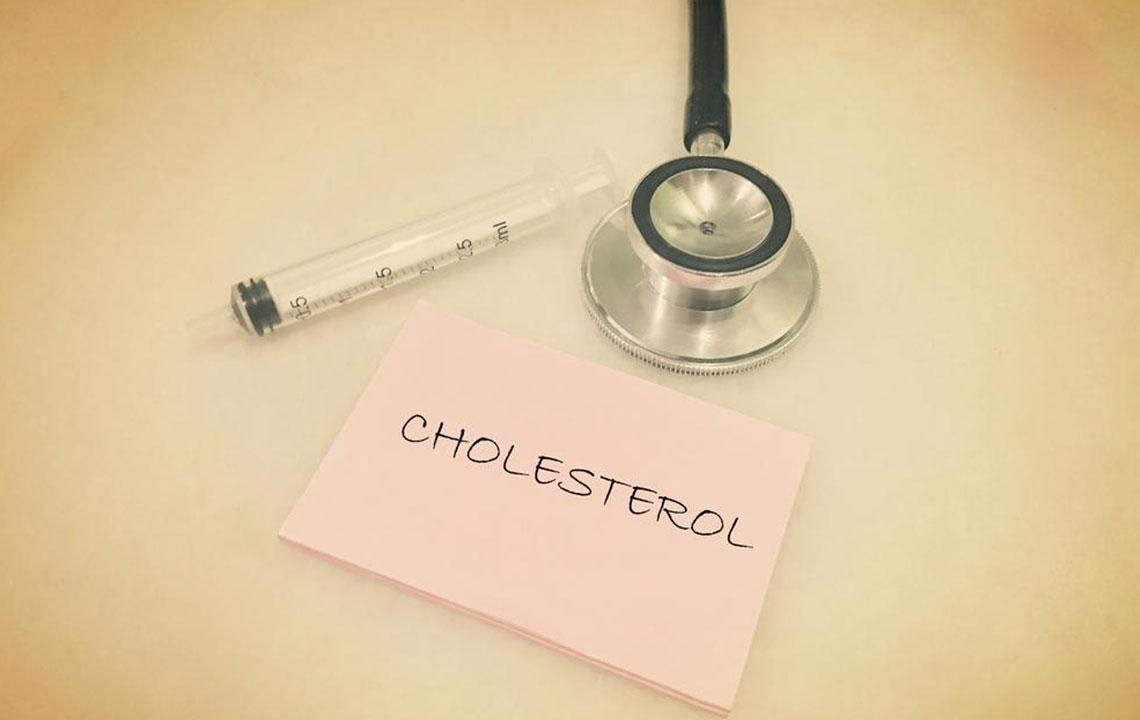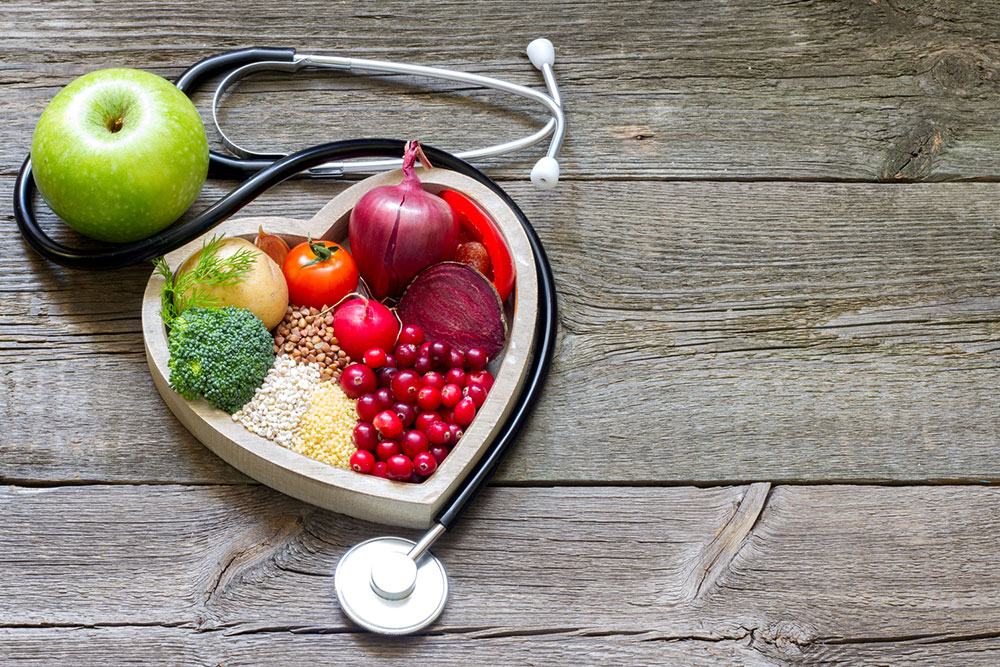Comprehensive Guide to Controlling and Reducing High Cholesterol Naturally and Medically
This comprehensive guide explores proven medical treatments and natural remedies for managing high cholesterol. It emphasizes lifestyle modifications, dietary approaches, and medication options to help prevent heart disease and improve cardiovascular health. Learn effective strategies tailored for long-term health maintenance and risk reduction.
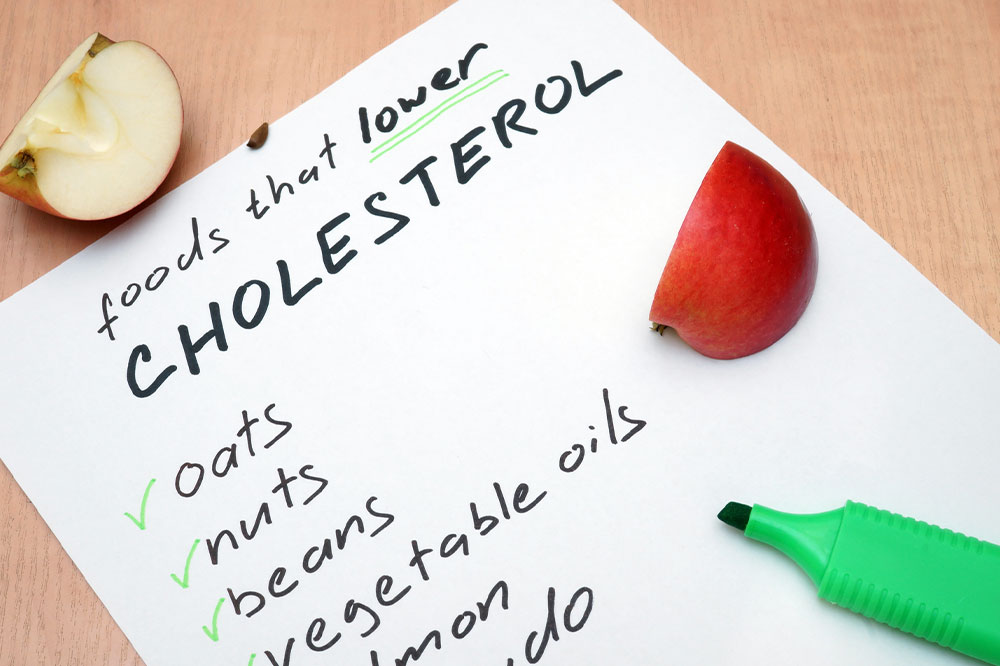
Effective Strategies for Managing High Cholesterol
Cholesterol is an essential natural substance found in your bloodstream that plays a critical role in cell membrane structure and hormone production. However, when cholesterol levels become elevated, they can raise serious health concerns. Excess cholesterol can lead to the formation of fatty deposits along the walls of blood vessels, a condition known as atherosclerosis. These deposits can narrow or block arteries, significantly increasing the risk of cardiovascular events such as heart attacks and strokes.
Understanding the importance of maintaining healthy cholesterol levels is crucial for preventing these life-threatening conditions. In this comprehensive guide, we will explore the various effective strategies—both medical and natural—that can help you manage and reduce high cholesterol levels, improving your overall heart health and longevity.
Healthcare professionals recommend routine screening to monitor your cholesterol status. A blood test known as a lipid profile provides a detailed picture of your total cholesterol, LDL (bad cholesterol), HDL (good cholesterol), and triglycerides. Once your levels are assessed, your healthcare provider can recommend tailored interventions to bring your cholesterol into a healthy range.
Adopting a healthy lifestyle forms the cornerstone of managing high cholesterol. Dietary adjustments, increased physical activity, weight management, and avoidance of harmful habits like smoking and excessive alcohol consumption are vital. When lifestyle changes are insufficient, medications may be prescribed to help control your levels effectively.
Medical Interventions for Cholesterol Management
Multiple types of medications are available to lower LDL cholesterol and help prevent cardiovascular disease. The choice of medication depends on individual health factors, age, existing conditions, and potential side effects.
Statins: These are the most commonly prescribed cholesterol-lowering drugs. Statins work by inhibiting HMG-CoA reductase, an enzyme in the liver that is responsible for producing cholesterol. By reducing cholesterol synthesis, statins effectively lower LDL levels and can stabilize existing plaques, reducing the risk of heart attacks.
Bile Acid Sequestrants: Such as colesevelam, cholestyramine, and colestipol, these drugs bind bile acids in the intestine, forcing the liver to use excess cholesterol to produce more bile. This process reduces circulating cholesterol levels and is often used alongside other therapies.
Cholesterol Absorption Inhibitors: Ezetimibe (Zetia) works by blocking the absorption of dietary cholesterol in the intestines. It is usually prescribed in combination with statins for a synergistic effect, especially in patients with persistent high cholesterol levels despite lifestyle modifications.
Other Medications: Depending on individual risk factors, healthcare providers may prescribe additional medications such as PCSK9 inhibitors, fibrates, or niacin to manage cholesterol effectively.
Natural and Lifestyle-Based Approaches to Lower Cholesterol
Beyond medication, many natural methods and dietary supplements have demonstrated potential in assisting cholesterol management. Incorporating these into your daily routine can enhance your overall cardiovascular health and may reduce dependence on pharmaceuticals.
Herbal Remedies and Natural Foods
Astragalus: A long-standing herb in traditional Chinese medicine, Astragalus has immunomodulatory and anti-inflammatory properties. Some studies suggest it may support heart health by reducing cholesterol levels and improving vascular function.
Flaxseed: Rich in alpha-linolenic acid (ALA), an omega-3 fatty acid, flaxseed can effectively lower LDL cholesterol and raise HDL cholesterol. Ground flaxseed can be easily added to smoothies, cereals, or baked goods to support heart health.
Garlic: Known for its medicinal benefits, garlic contains sulfur compounds that can help reduce LDL cholesterol and blood pressure. Regular consumption of raw or cooked garlic can contribute to cardiovascular health.
Red Yeast Rice: Derived from fermented rice, this traditional Chinese supplement contains monacolin K, which is chemically similar to the active ingredient in the cholesterol-lowering drug lovastatin. It has been shown to significantly reduce LDL cholesterol levels naturally.
Additional Lifestyle Modifications for Better Cholesterol Management
Quit smoking: Smoking accelerates atherosclerosis and lowers HDL cholesterol, so cessation can improve your overall lipid profile.
Moderate alcohol consumption: Excessive drinking can increase triglycerides and blood pressure; moderation is key.
Engage in regular physical activity: Aim for at least 150 minutes of moderate exercise per week, such as brisk walking, cycling, or swimming.
Maintain a balanced diet: Emphasize fruits, vegetables, whole grains, lean proteins, and healthy fats while minimizing saturated and trans fats found in processed foods.
Manage stress: Chronic stress can negatively affect your cholesterol levels and overall heart health. Techniques such as meditation, deep breathing, or yoga can be beneficial.
By combining medical treatments, natural remedies, and lifestyle changes, individuals can effectively manage high cholesterol levels, reducing the risk of cardiovascular disease and improving quality of life. Regular check-ups and consultation with healthcare providers are crucial for personalized and safe management plans.

